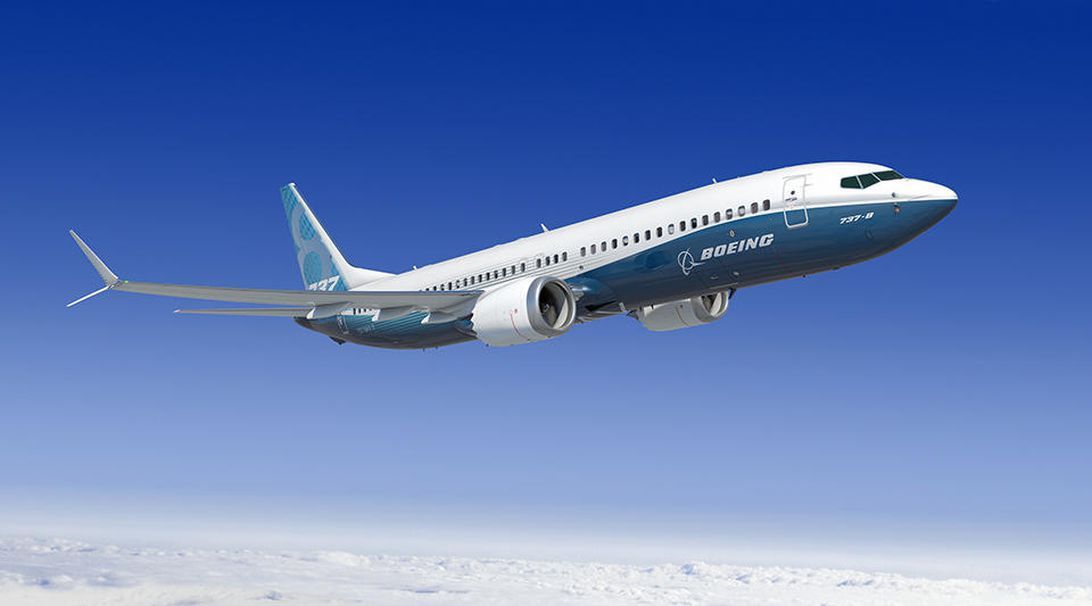Low-cost carriers are expected to continue to lead the growth of South Korea’s flight industry and to expand the country’s passenger transport capacity and air traffic, an executive from American aircraft manufacturer Boeing said Monday.
Randy Tinseth, Boeing’s vice president of commercial marketing, said in a press conference in Seoul that South Korea’s low-cost carriers lead the market in Northeast Asia, accounting for 65 percent of the region’s total capacity.
“Over the past 10 years, the number of LCCs in the Northeast Asian region has tripled, resulting in capacity growth of more than six times. But more importantly, the rapidly expanding LCCs have connected 231 airport pairs, which is 18 times what it was a decade ago,” Tinseth told reporters.
Currently, Korea has six low-cost carriers -- Jeju Air, Jin Air, Air Seoul, Air Busan, Eastar Jet and T’way Air. The number will increase to nine if Air Premia, Aero K and Fly Gangwon join next year as expected, after gaining the Transport Ministry’s approval.
Boeing said the aviation market in Northeast Asia will require 1,420 new fleets worth $315 billion by 2038, buoyed by rising demand for low-cost carrier services as well as by full-service carriers’ plans to replace their aircraft.
The American aircraft manufacturer said the global aviation market is expected to grow to $9.1 trillion over the next 20 years.
Tinseth also apologized over the latest Boeing 737 Max grounding, entering its eighth month since the most recent crash with no concrete plans to resume operation and causing inconvenience to clients in operating their fleets.
 |
(Boeing) |
He said while Boeing is cooperating closely with all regulatory bodies globally to put the 737 Max back in service, the American firm is currently getting approval to develop the new software that will be embedded in the revamped B737 Max.
By Kim Da-sol (
ddd@heraldcorp.com)





![[Exclusive] Hyundai Mobis eyes closer ties with BYD](http://res.heraldm.com/phpwas/restmb_idxmake.php?idx=644&simg=/content/image/2024/11/25/20241125050044_0.jpg)

![[Herald Review] 'Gangnam B-Side' combines social realism with masterful suspense, performance](http://res.heraldm.com/phpwas/restmb_idxmake.php?idx=644&simg=/content/image/2024/11/25/20241125050072_0.jpg)
